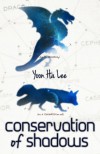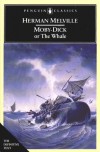Currently reading
Didn't blaze through it...

This book took me a surprisingly long time to get through. I liked it, but somehow it just wasn't absorbing. While I was reading it, I found myself interested in the story and the characters, but when I set it down, I didn't feel an immediate compulsion to pick it up again. So a book I was expecting to get through in two days took five.
I'm not sure what to say about the plot other than there was a treasonous plot or you might say a series of nested plots. John Gower, the main protagonist (sort of...he gets to be "I") seems to lack a sense of agency in his discoveries. On the plus side, Holsinger's 14th century London was nicely gritty without taking a modernist's condescending view.
It was a bit of a slow burn for much of it, so that might not have helped to draw me in. I know the structure certainly didn't help. First-person POV chapters were alternated with third-person ones, and the whole thing was interleaved with an additional narrative where the link to the other chapters was not apparent for half the book. Somehow the switch to the first person was more jarring than immersive, although I slowly became accustomed to it. At least the present tense only lasted for the prologue.
I am curious to see whether the same structure is repeated in the second book or whether the overall flow improves.
Edited to add (2016-04-02):
I forgot to mention that I really liked the prophecies because they seemed to capture the rhythmic qualities of early English poetry and somehow translate that into modern English.
 2
2














